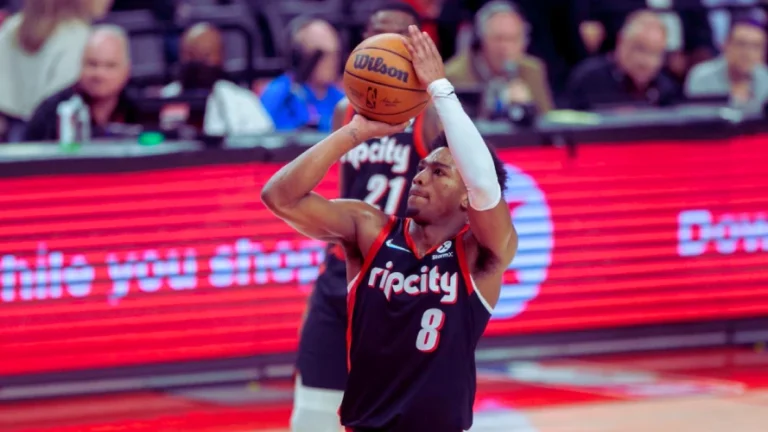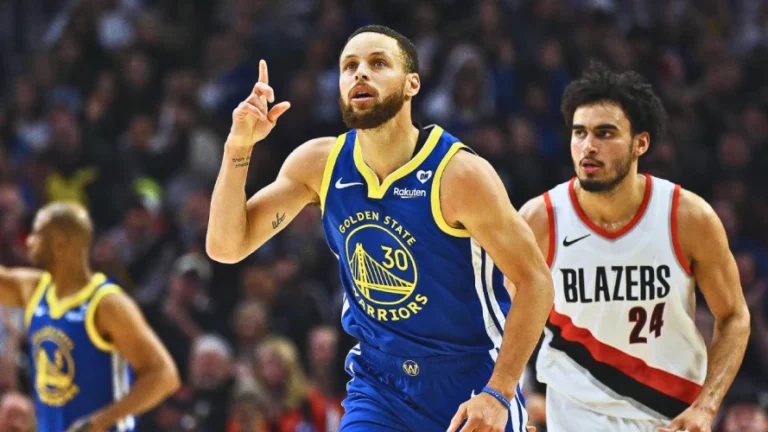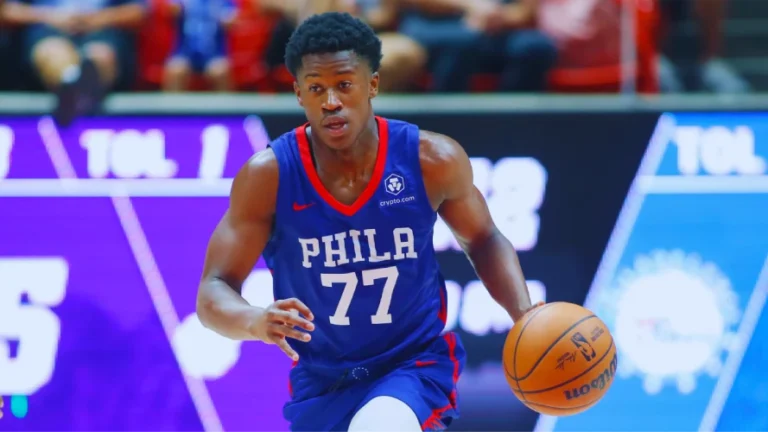The Minnesota Lynx entered this postseason riding high as the number one seed, yet their path to a championship now teeters on a fragile ankle. On Friday night in Phoenix the team lost more than just Game 3 to the Mercury. They may have lost the heart of their lineup. Napheesa Collier, the player around whom the Lynx offense and identity revolve, left the floor in the closing seconds with what her coach Cheryl Reeve fears could be a fracture.
The final score read Phoenix 84, Minnesota 76. That result alone left the Lynx trailing two games to one in the best of five semifinal series. But the haunting image that lingered was Collier down on the court, clutching her left ankle with 21.8 seconds left on the clock. What was once a straightforward playoff setback instantly turned into a crisis that could reshape the entire postseason landscape.
A tense ending turns disastrous
The injury came in a moment that looked routine. Phoenix forward Alyssa Thomas cleanly swiped the ball from Collier with just under twenty-four seconds left, the Mercury leading 82 to 76. In the process Thomas’s body brushed against Collier’s knee. The contact appeared incidental, yet the consequence was not. Collier’s ankle twisted awkwardly, and she crumpled to the hardwood in visible pain. No foul was called. The sequence enraged Reeve, who exploded at the officiating crew. Already carrying a technical foul, she drew a second and was ejected before the final horn.
Reeve’s frustration boiled over not only because of the no-call but also because she believed Collier had been battered all game without relief from the referees. In her postgame remarks she accused the league of encouraging this brand of play. She pointed out that one of the premier forwards in the sport managed to shoot zero free throws despite constant contact. “She got her shoulder pulled out, finished the game with her leg being taken out, and now probably has a fracture,” Reeve fumed afterward.
The bigger picture
Minnesota already knows what life without Collier looks like. Just weeks earlier she was sidelined for seven games after rolling her right ankle in a blowout victory over the Las Vegas Aces on August 2. The Lynx weathered that absence admirably, finishing with five wins against only two defeats, but that was during the regular season. The playoffs are another world entirely. Facing elimination against a surging Mercury squad without their anchor is not a test they wanted at this stage.
The Lynx have prided themselves on resilience throughout the season, and that will be tested to its absolute limit in Game 4. The Mercury, emboldened by home-court energy and holding the momentum of back-to-back wins, sense blood in the water. For Minnesota, the uncertainty surrounding Collier is more than just an injury update. It is a reminder of how quickly a season’s narrative can twist.
The stakes for Game 4
As Sunday approaches, the question that looms over the series is simple. Will Collier be able to play, or will the Lynx be forced to take the floor without her? Reeve’s words suggest the worst, yet nothing is official until medical results are revealed. A fracture would almost certainly rule Collier out and possibly end her postseason altogether. If the injury proves less severe, her presence even at less than full strength could give Minnesota a fighting chance to extend the series back home for a decisive Game 5.
The emotional weight
Playoff basketball is always about more than tactics and box scores. It is about the energy a star brings to a team and the fear she strikes in an opponent. Collier embodies both. Her absence changes not just the Lynx’s rotations but their spirit. Reeve’s outrage underscores how much the team feels the league’s most dynamic players deserve protection. Without it, the postseason becomes as much about survival as it is about skill.
Minnesota now stands on the precipice. Their season that once promised glory may instead end in heartbreak. Whether Collier can rise from this setback or whether her teammates can shoulder the burden in her absence will be revealed on Sunday. One thing is certain. The semifinal clash between Minnesota and Phoenix is no longer just about who executes better basketball. It has become a test of resilience, pride, and survival in the unforgiving spotlight of the WNBA playoffs.




